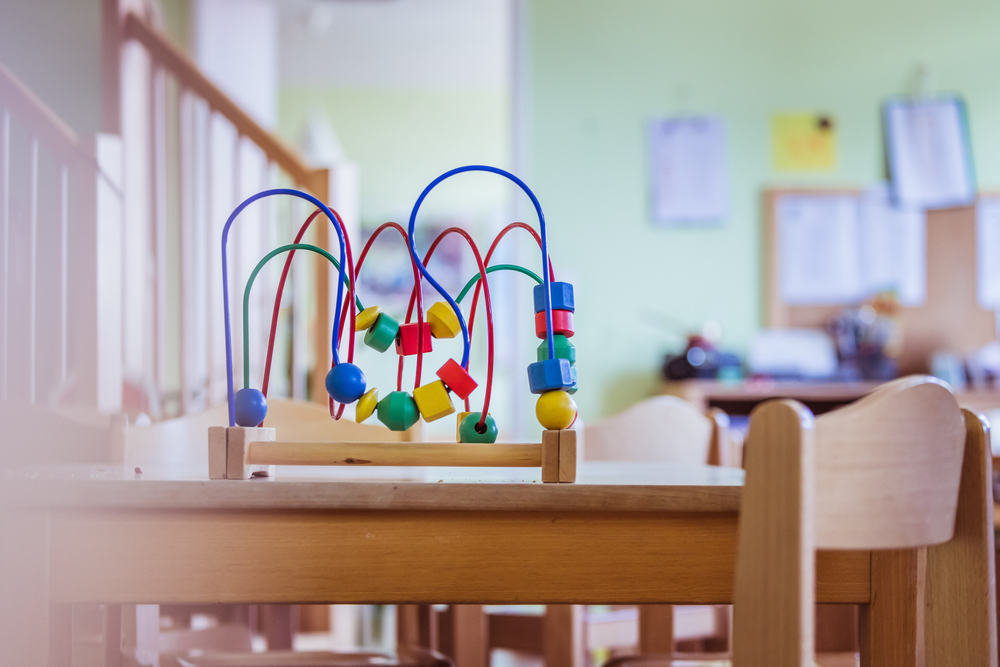Basic counting skills Worksheets for Ages 3-4
16 filtered results
-
From - To
Discover our engaging and interactive Basic Counting Skills Worksheets designed specifically for children ages 3-4. Our carefully crafted resources help preschoolers develop essential counting abilities through fun activities that captivate their imagination. From colorful illustrations to hands-on exercises, each worksheet supports early learners in recognizing numbers, counting objects, and building foundational math skills. Perfect for at-home learning or classroom use, these worksheets promote not just numerical proficiency but also enhance fine motor skills and cognitive development. Equip your little ones with the confidence they need as they embark on their counting journey. Download our worksheets today and watch your child thrive!
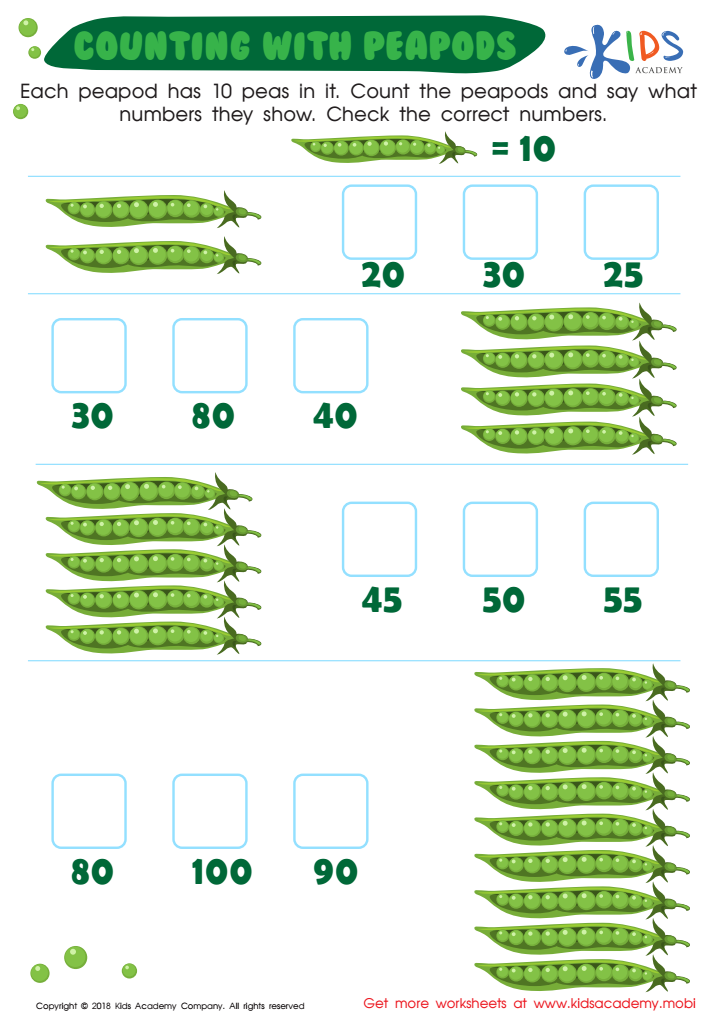

Number Worksheet: Counting With Peapods
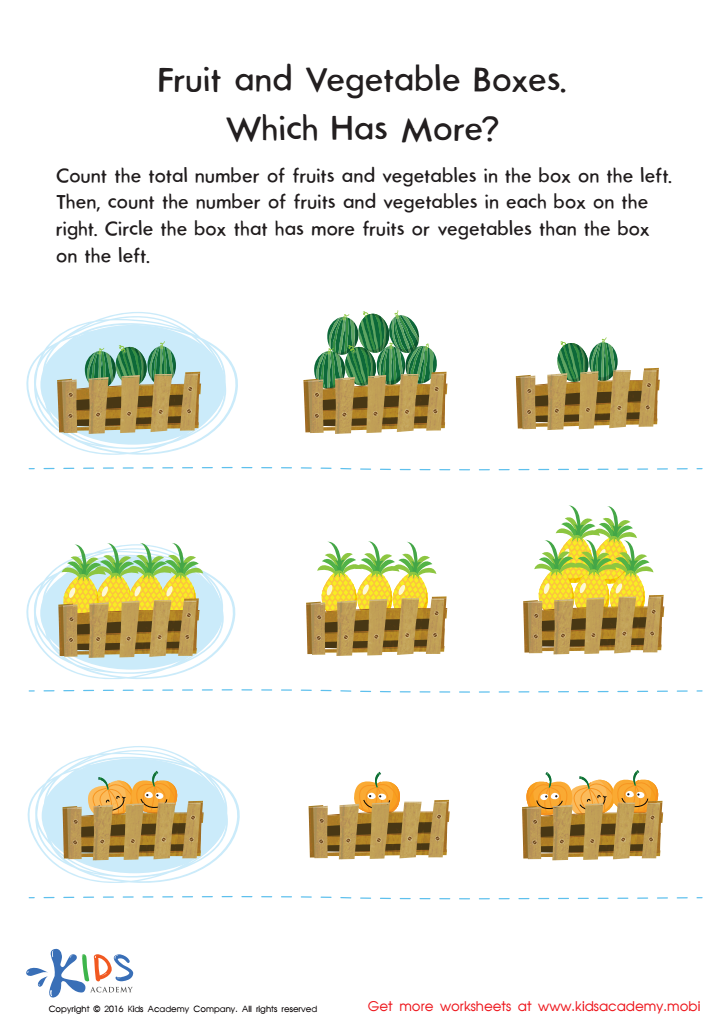

Which Has More? Size Worksheet
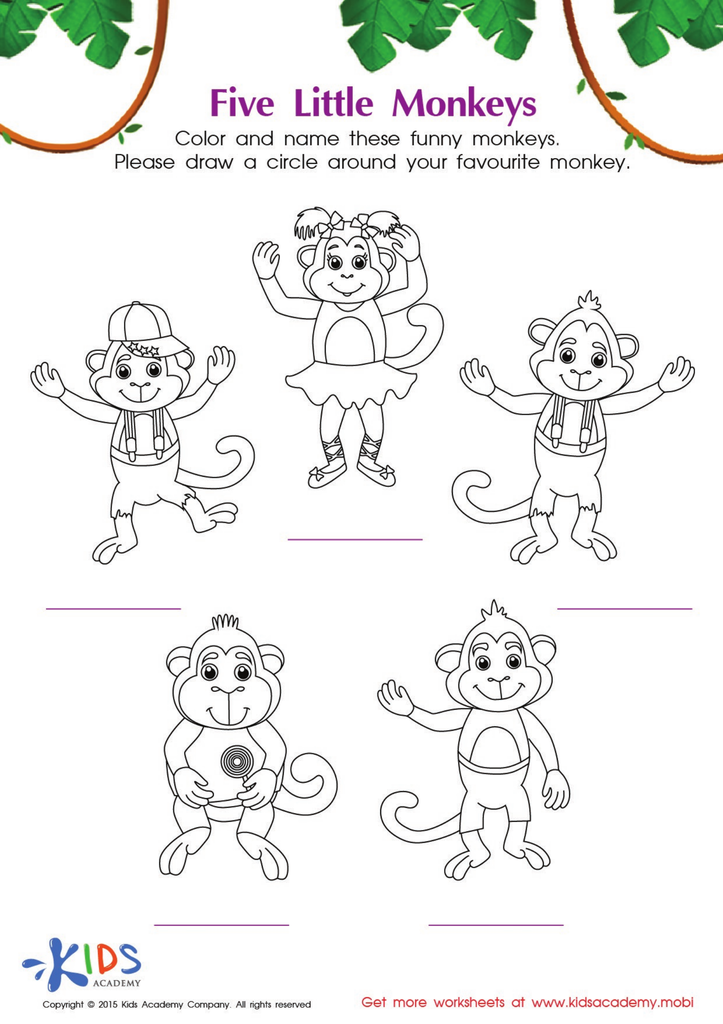

The Five Little Monkeys Coloring Worksheet
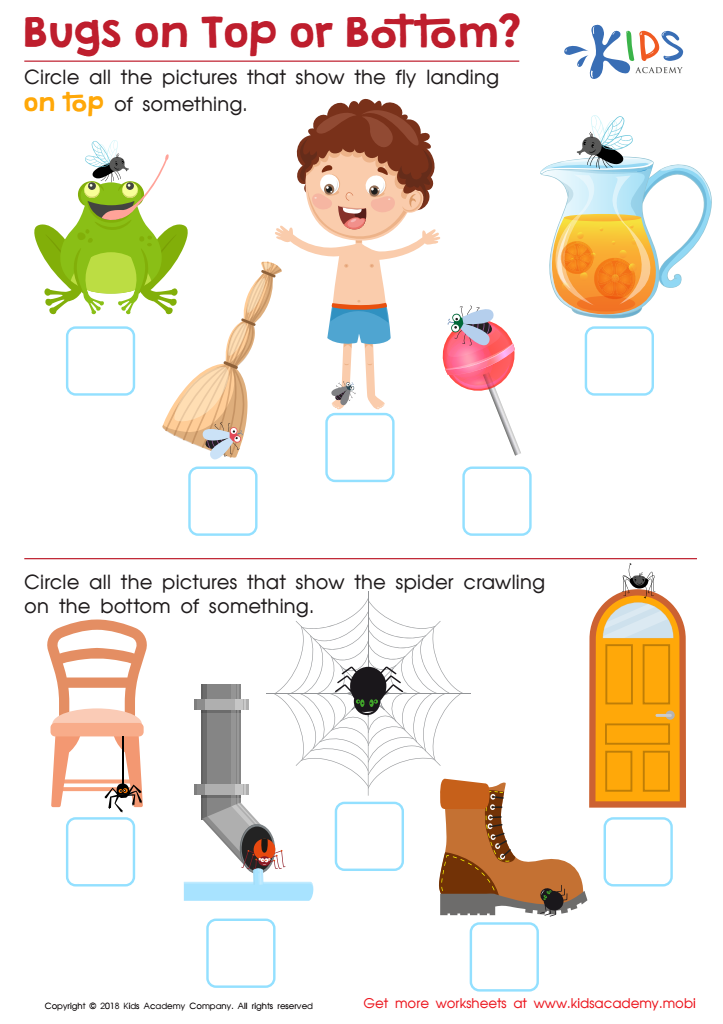

Bugs on Top or Bottom? Worksheet
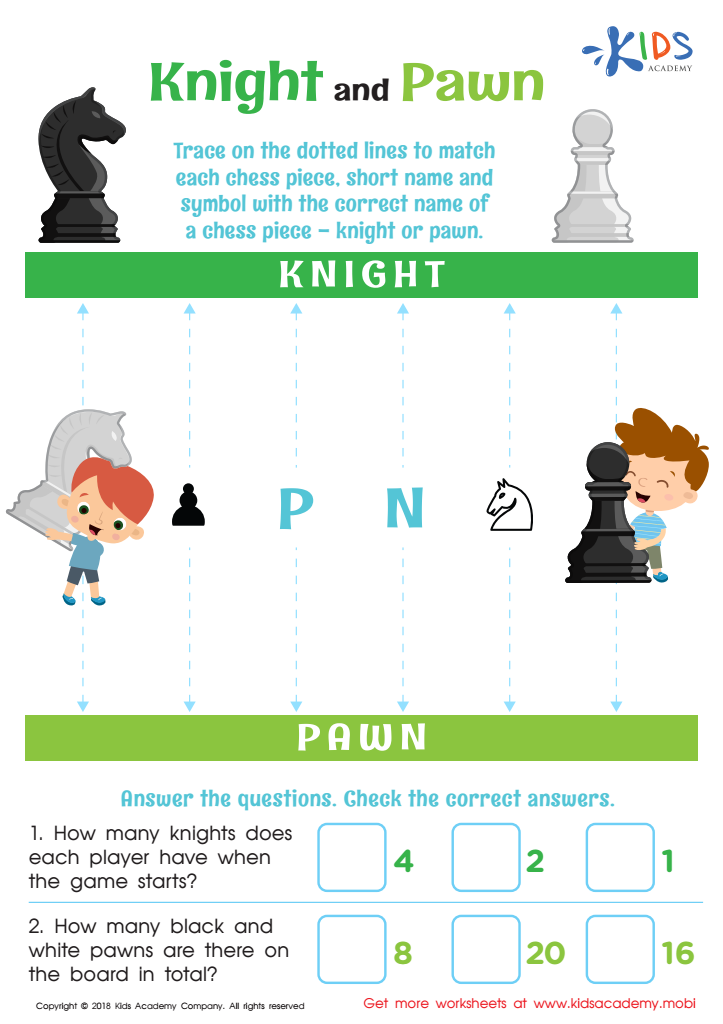

Knight and Pawn Worksheet
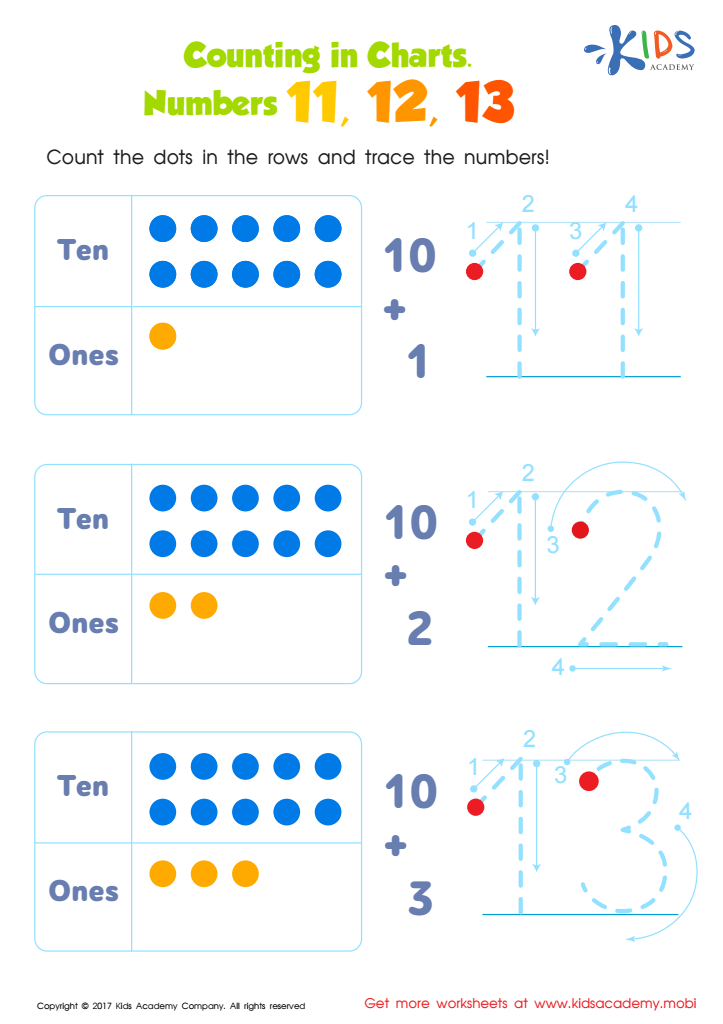

Number Tracing Worksheet For Kindergarten
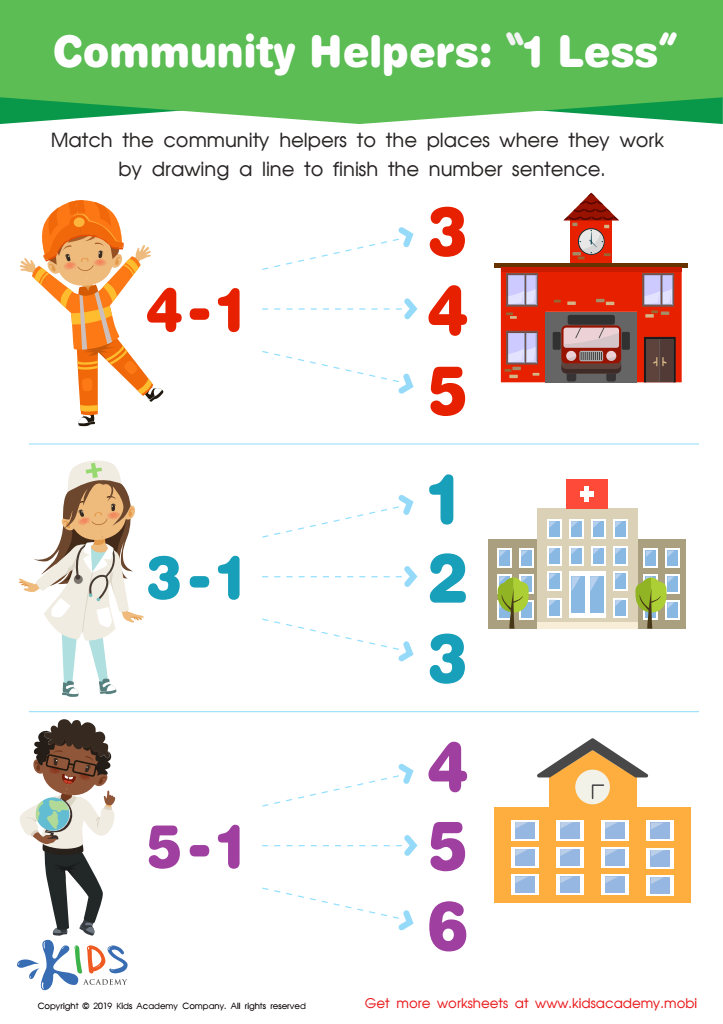

Community Helpers: 1 less Worksheet
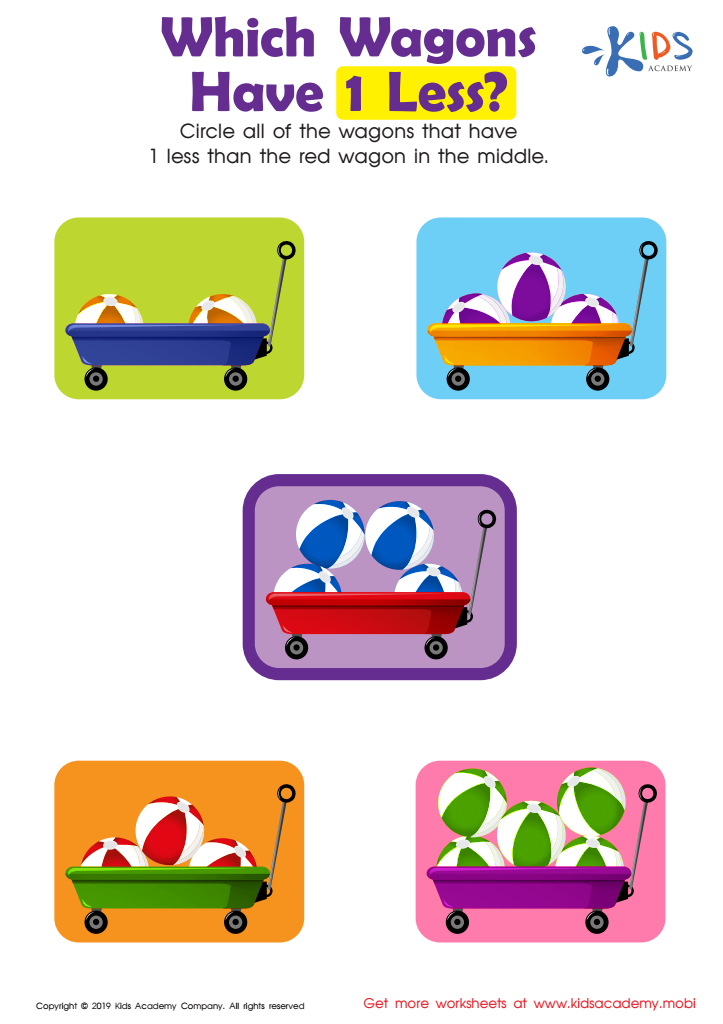

Which Wagons Have 1 Less? Worksheet
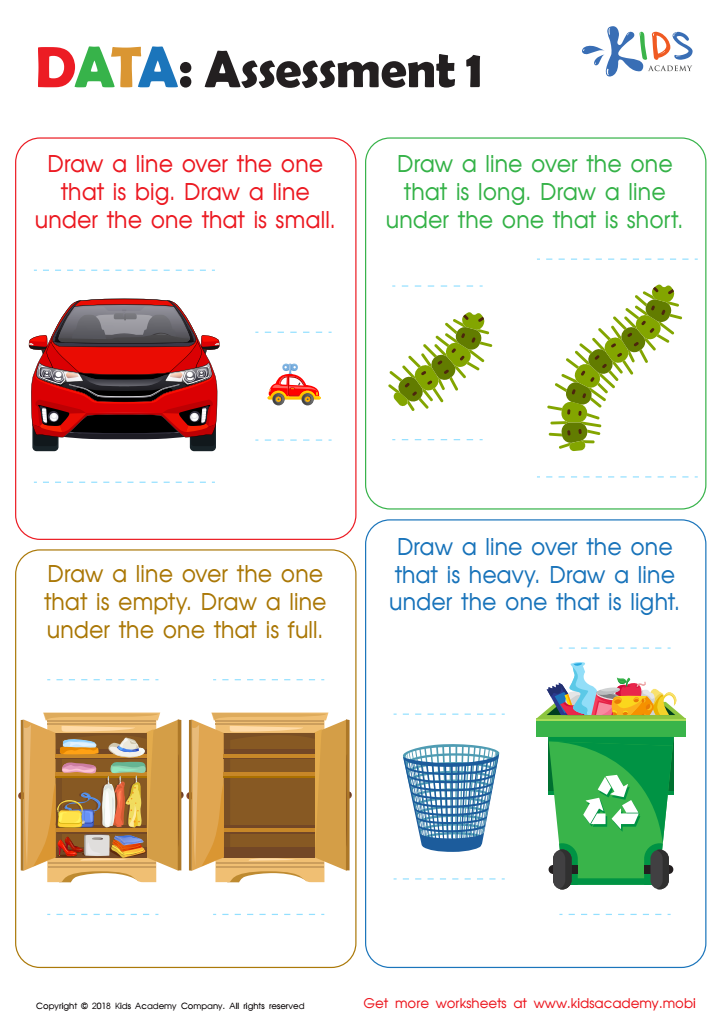

Data: Assessment 1 Worksheet
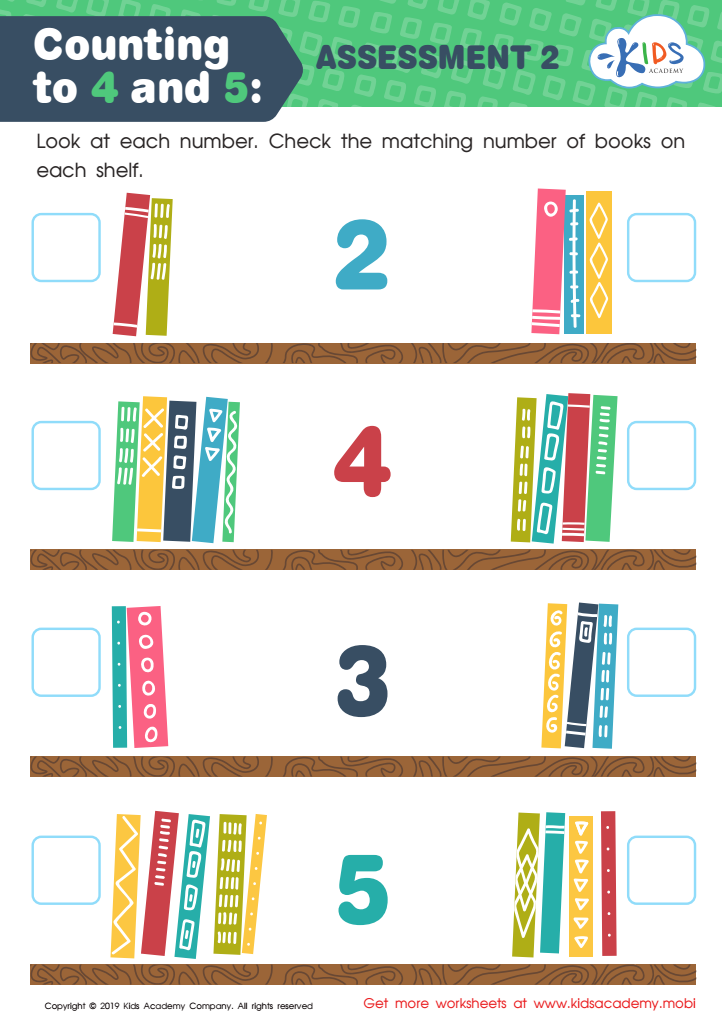

Counting to 4 and 5: Assessment 2 Worksheet
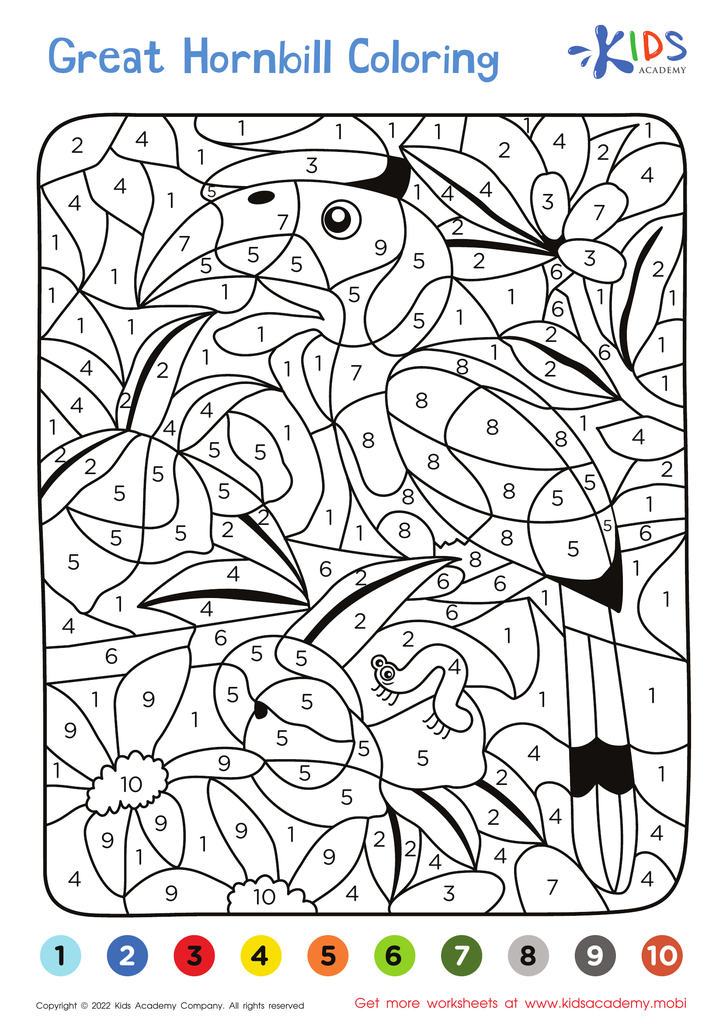

Great Hornbill – Coloring by Numbers


Twinkle, Twinkle, Little Star – Coloring by Numbers
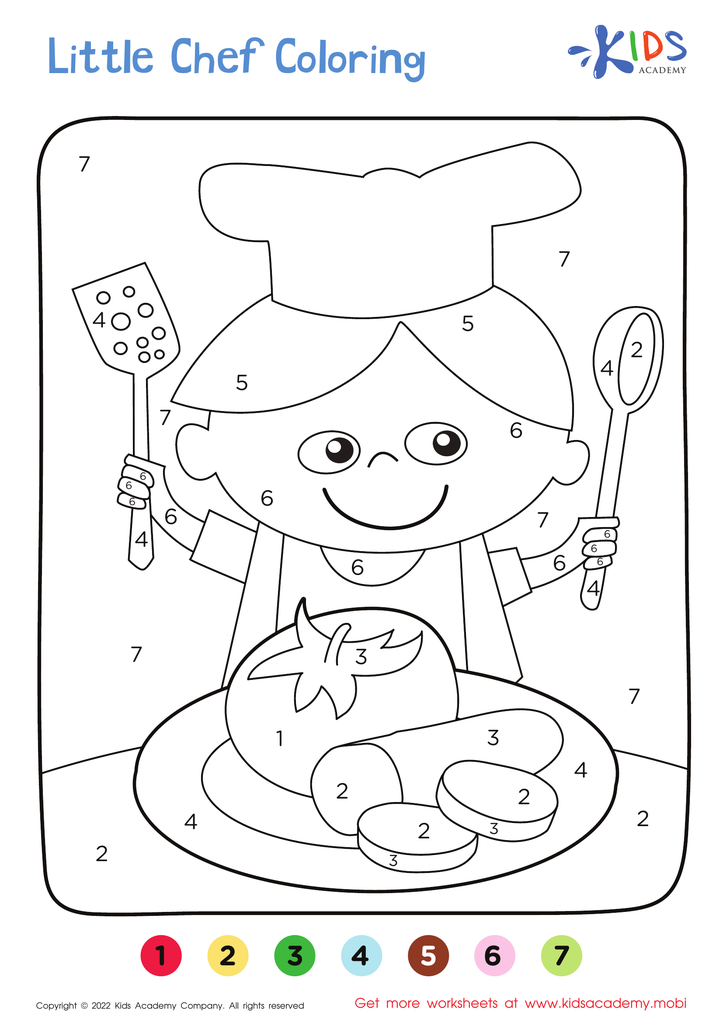

Little Chef – Coloring by Numbers
Basic counting skills are foundational for young children, laying the groundwork for more complex mathematical concepts in the future. For ages 3-4, developing counting abilities not only promotes mathematical understanding but also enhances cognitive skills such as memory, attention, and problem-solving.
Parents and teachers should care about these skills for several reasons. Firstly, mastery of basic counting supports everyday tasks; for example, children can quantify objects, understand positions, and compare quantities. This practical application fosters a sense of independence and preparedness for school.
Moreover, early counting practices can boost a child’s confidence and enjoyment in learning. When children engage in counting games or activities, they develop a positive attitude towards math, which is crucial as they progress into formal educational settings.
Early exposure to counting also aids language development, as children learn to articulate numbers and engage in verbal exchanges about quantities. Furthermore, encouraging counting can strengthen the parent-child or teacher-student bond, as these activities are often shared experiences filled with encouragement and support.
In sum, nurturing basic counting skills in children ages 3-4 enriches their cognitive, social, and emotional development, setting them up for lifelong learning and academic success.
 Assign to My Students
Assign to My Students

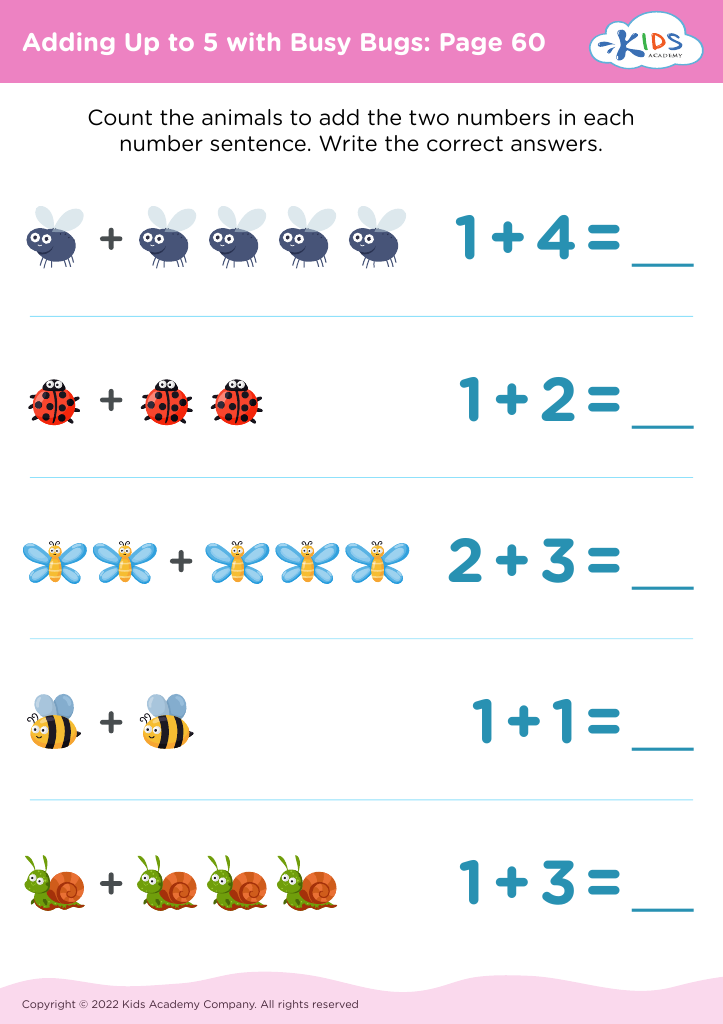
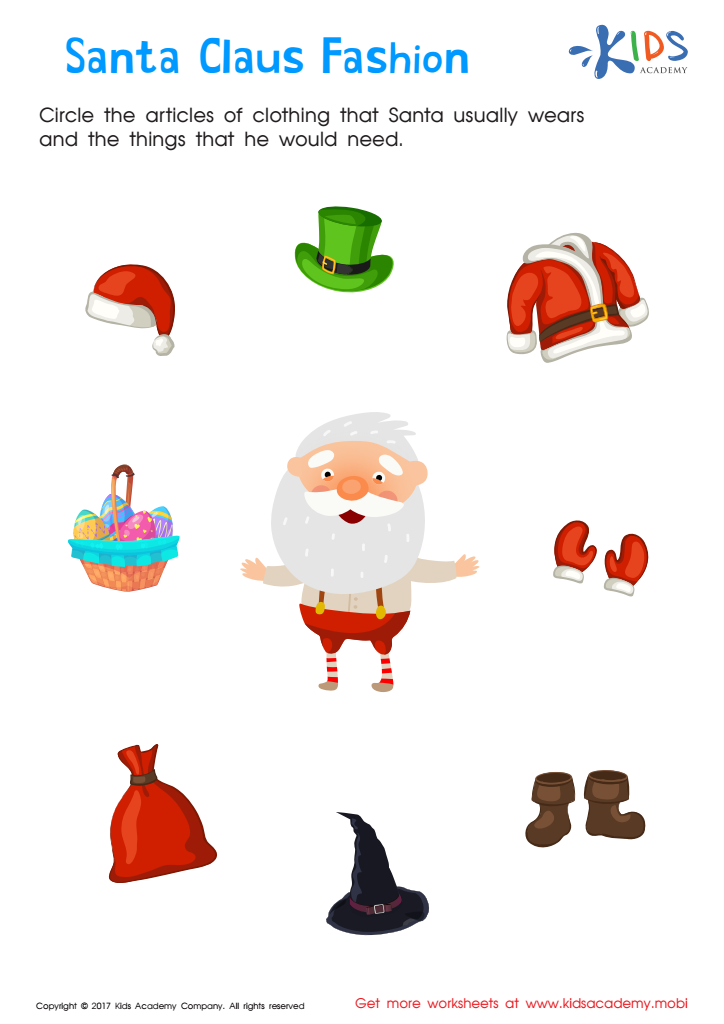
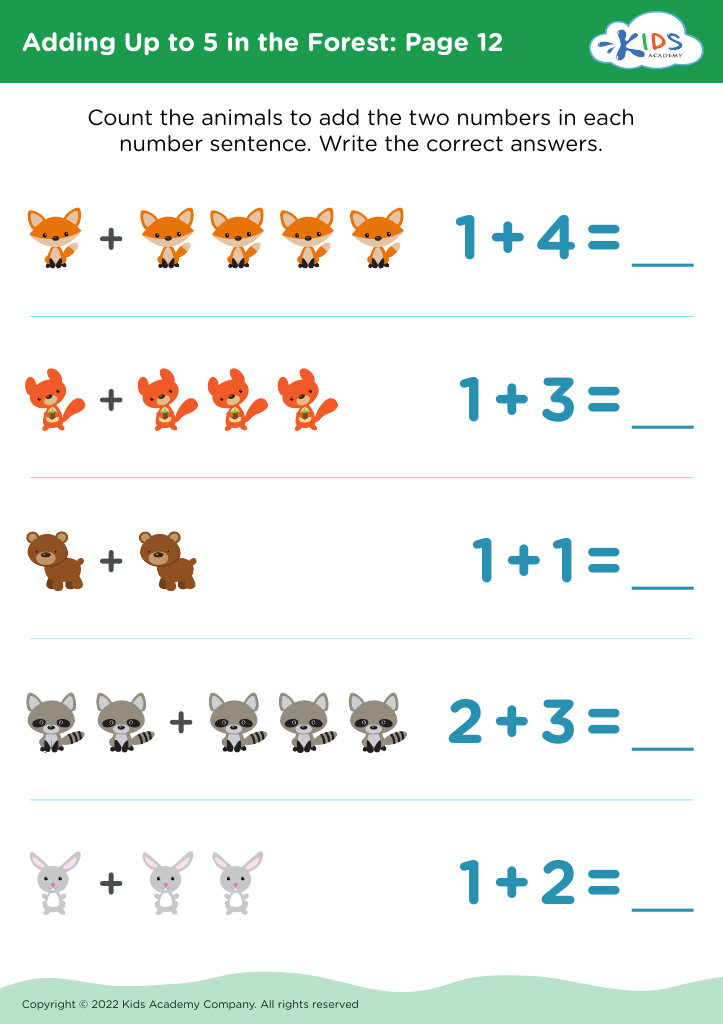




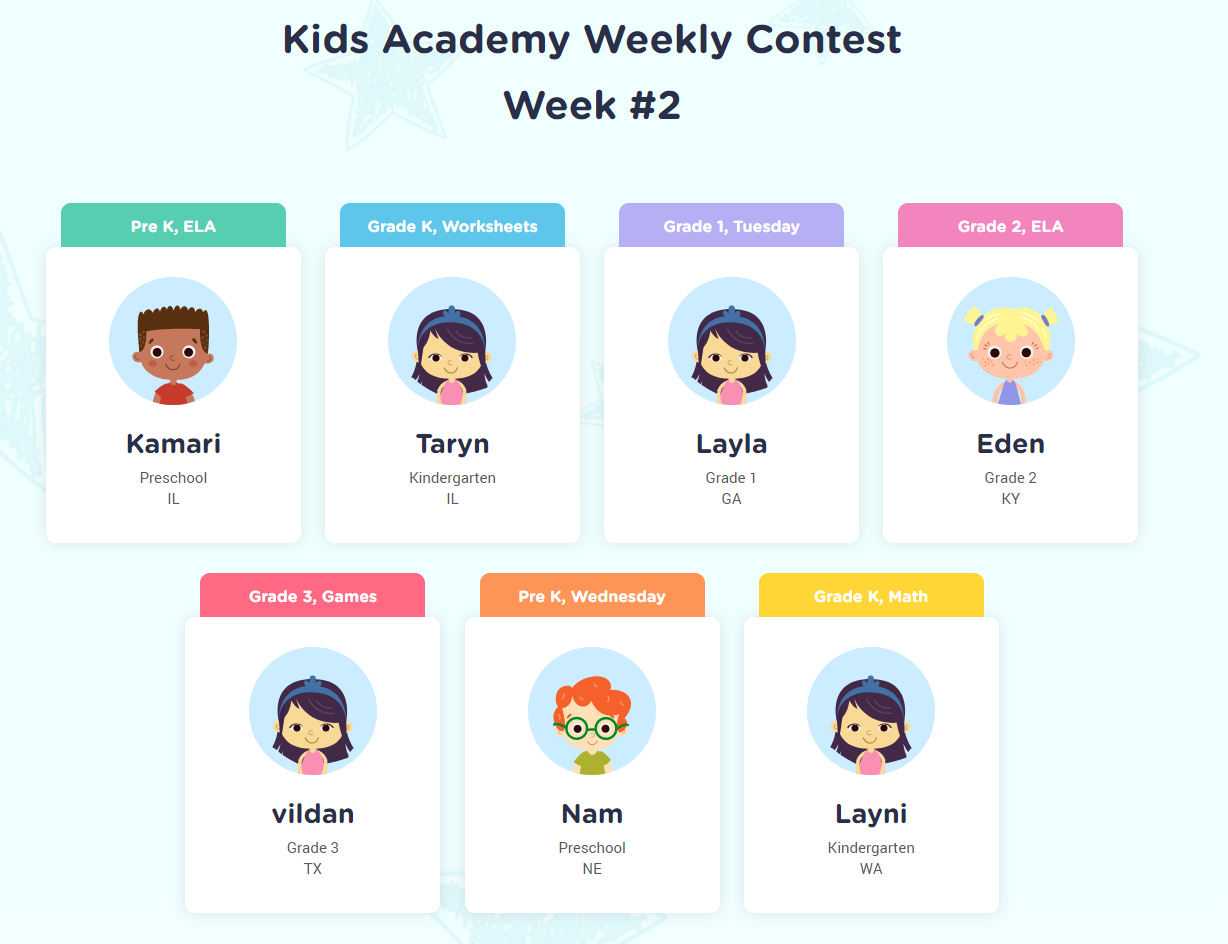
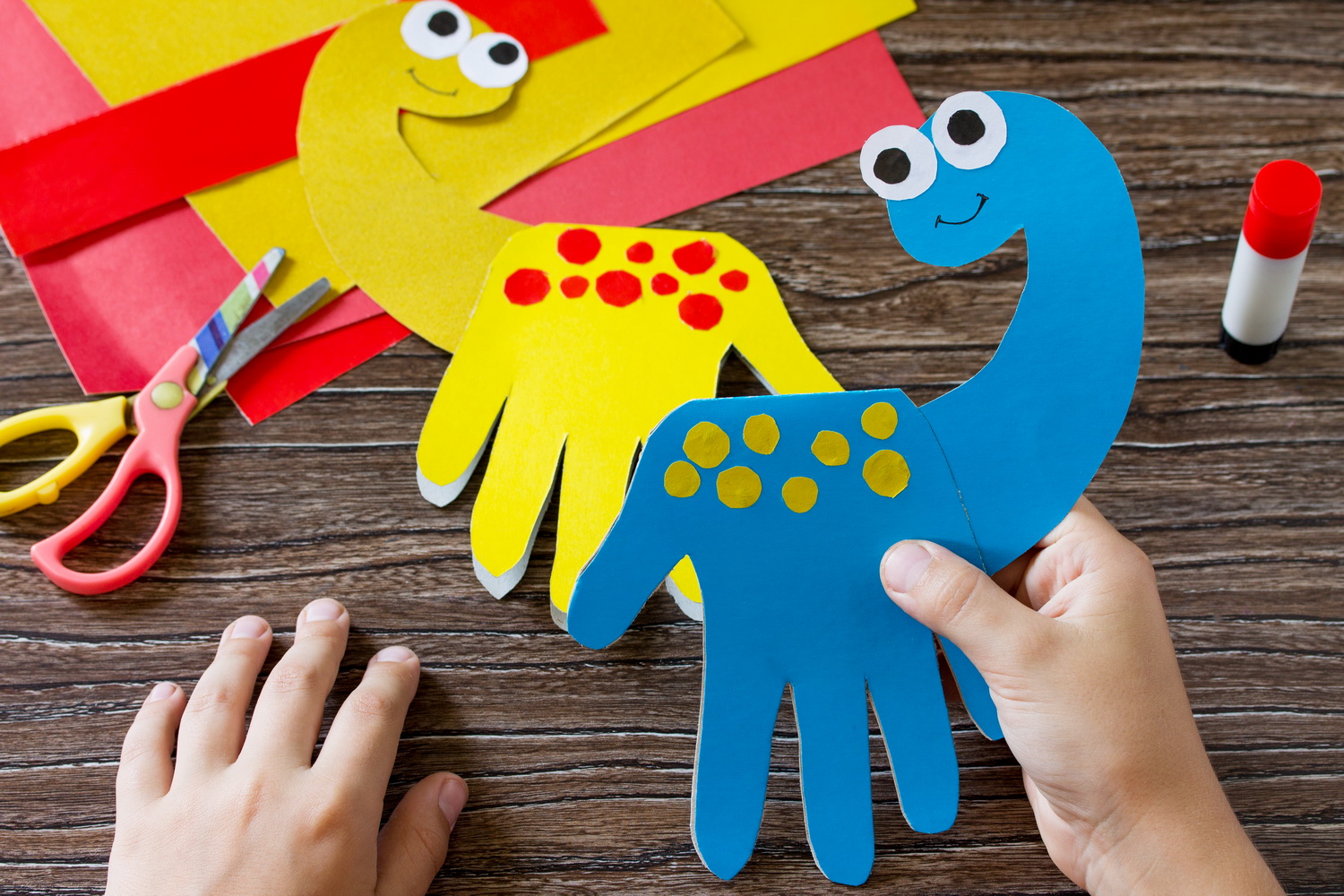
%20(1).jpg)
